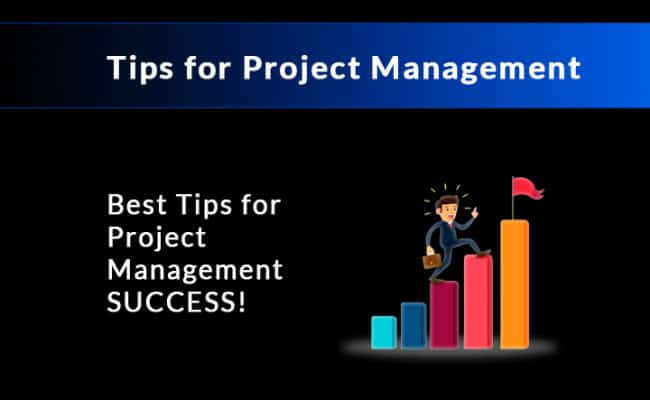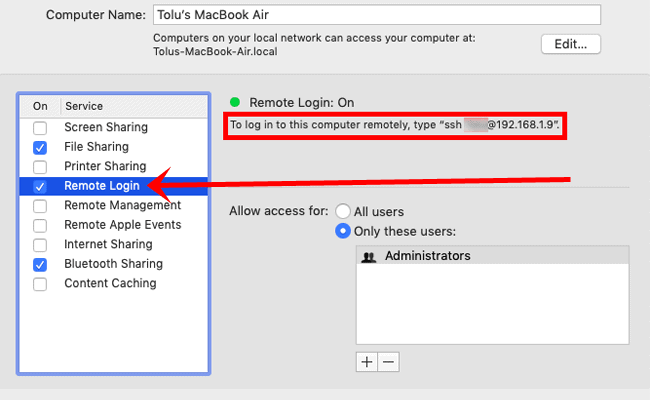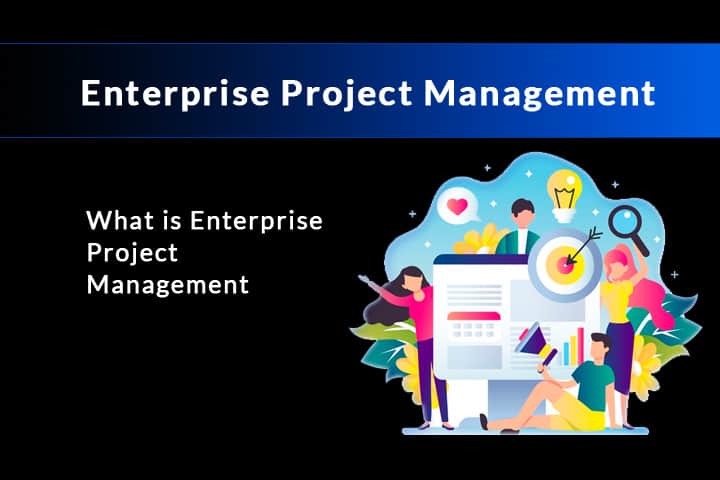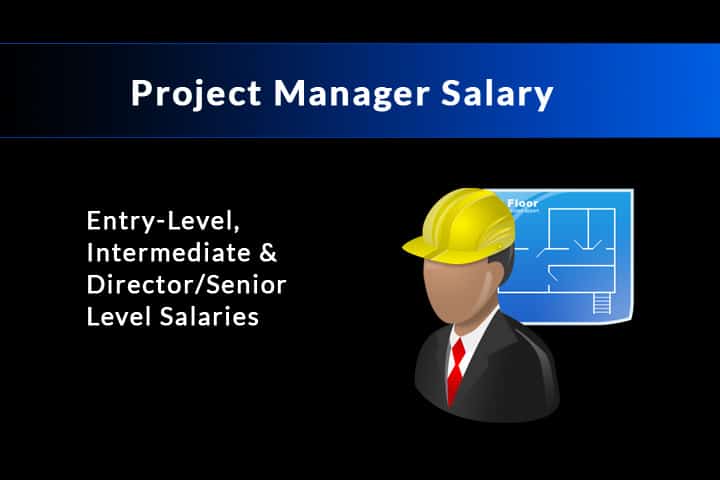Project Management is all about adapting to change and leading projects and teams with an objective in mind.
Succeeding at project management takes practice, experience, and some understanding of the methodologies. There is no single way to ensure project management success, but there are many different ways that when combined, can produce winning results.
With a few powerful tips and knowledge along with some key management skills, you can still achieve remarkable results more often than not.
After all, project management is about adapting to the changes that come your way and not letting them stop you from meeting your objective!
Here are 11 Powerful Tips for Project Management for 2026:
1. Understand the Project

Before you begin any project, the first thing you need to do is understand the project and lay a solid foundation.
Start by identifying who the clients and stakeholders are.
If possible, meet with them to understand their interest in the project and their expectations regarding the project. Also try to understand their communication style and how much or little they want to be involved.
Next you need to define the goals and objective(s) of the project, what do the customers and stakeholders want to see as the end result?
These will be used throughout the project to ensure the project stays on track. Make the goals and objectives measurable and trackable.
2. Identify Project Requirements

Now that you have a foundation with measurable goals and objectives, you need the resources to work on the project.
Identify the budget, what skills and expertise you need and create a team that will be capable of implementing the plan effectively.
If you don’t have all of the skills necessary within your team, outsource, hire or pull from other departments.
For example, if the project requires programming, have the IT department work on this piece of the project.
Define roles for each team member based on their strengths, skills and expertise.
3. Get a Qualified Project Manager

If you don’t already have a qualified project manager to lead the team, get one.
This person is responsible for making sure the project progresses in the right direction.
A seasoned project manager will know how to manage each team member, work with different personalities and keep the team productive, all while fostering a positive and rewarding team culture.
The PM will be the point of contact for project questions and act as the communicator with customer and stakeholders.
4. Track Milestones

An organized and successful project has four main milestones: initiation, planning, execution, and closure.
Performing an evaluation after each phase to make sure the cycle is complete will ensure project success.
Tracking and reporting these milestones back to the customer and stakeholders will ensure the project stays on track.
Changes and tweaks can be made before moving to the next phase, and you can be sure you are exceeding the customers expectations.
5. Documentation

Document, document, document.
A good project manager keeps track of the progress of the project at all times and knows exactly where each piece of the project stands.
When customers and stakeholders ask for an update, having clear and organized documentation makes progress reporting a breeze.
It also ensures that nothing is missed and it can be used for future projects as a learning tool or a resource for success.
6. Project Management Tools

In order to help with documentation, most organizations are now using some sort of Project Management tool.
These programs help you keep track of the entire project from the beginning to the end.
Many of these tools are accessible in real time online or on mobile devices making them accessible anywhere, anytime.
With large, complex projects and multiple team members, having a project management tool is essential to success.
7. Communication

Throughout the entire project, communication is key to avoid any “surprises”.
Any changes need to be communicated to the clients and stakeholders as well as team members.
Foster a culture of open communication from the very beginning so that no one is afraid to speak up or share ideas.
Not only does communication keep everyone in the loop, but it is proven that teams that communicate often are more creative and more efficient.
8. Risk Management

It is important to be aware of any possible risks. Risks are potential threats that could jeopardize the success of the project.
Try to identify any risks within each phase and document them.
This becomes much easier as you obtain more project management experience. You will know what to look out for and how to mitigate risk.
9. Stay Flexible

Throughout the projects, you need to stay flexible.
The customers and stakeholders might want sudden changes or might want to go in a new direction, team members may come and go, unforeseen changes might come up.
Be flexible and ready to tackle them as they arise.
10. Test Deliverables

You should never deliver a project without first testing the deliverables.
Not only should the deliverables be tested at each milestones, but the final deliverable should be tested as well.
When you test at each milestone, you are able to catch any errors or mistakes early on, rather than at the end where you would need to start all over.
Furthermore, testing deliverables will ensure that the end client and stakeholders receive the highest quality project/deliverable that not only meets, but exceeds their expectations.
11. Evaluate the Project

Each project is a learning experience.
When the project is complete, taking the time to debrief and evaluate the project can help you improve future projects.
An effective manager will always review the project and analyze its different components.
Including the project team in the discussions will also help create a stronger, even better team for future projects.
Make a list of what worked well and what didn’t work. Talk about why and what would have been a better approach.




